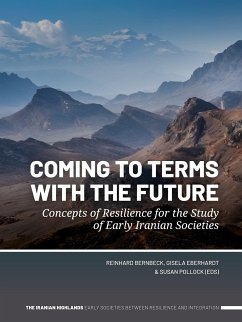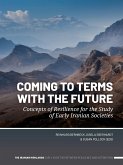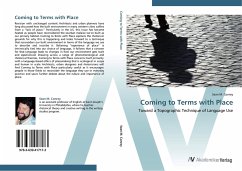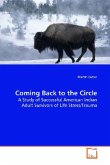The collection of essays in this book focuses on the highlands of Iran in pre-modern times, reaching from the Paleolithic to the medieval period. What holds the diverse contributions together is an issue that is closely related to debates in our own times: crises and how societies in the past dealt with them. We start from the premise that general circumstances in the fractured topographic structure of the Iranian highlands led to unique relations between ecological, social, economic and political conditions.In three sections entitled "Climate and palaeoenvironment", "Settlement, subsistence and mobility" und "Political and economic institutions", the authors ask what sorts of crises afflicted past societies in the Iranian highlands, to what extent they proved resilient, and especially what strategies they developed for enhancing the resilience of their ways of life. Looking for answers in paleoenvironmental proxy data, archaeological findings and written sources, the authors examine subsistence economies, political institutions, religious beliefs, everyday routines and economic specialization in different temporal, spatial and organizational scales.This book is the first volume of a series published by the German-Iranian research cooperation "The Iranian Highlands: Resiliences and Integration in Premodern Societies". The goal of the research project is to shine a new light on communities and societies that populated the Iranian highlands and their more or less successful strategies to cope with the many vagaries, the constant changes and risks of their natural and humanly shaped environments.








